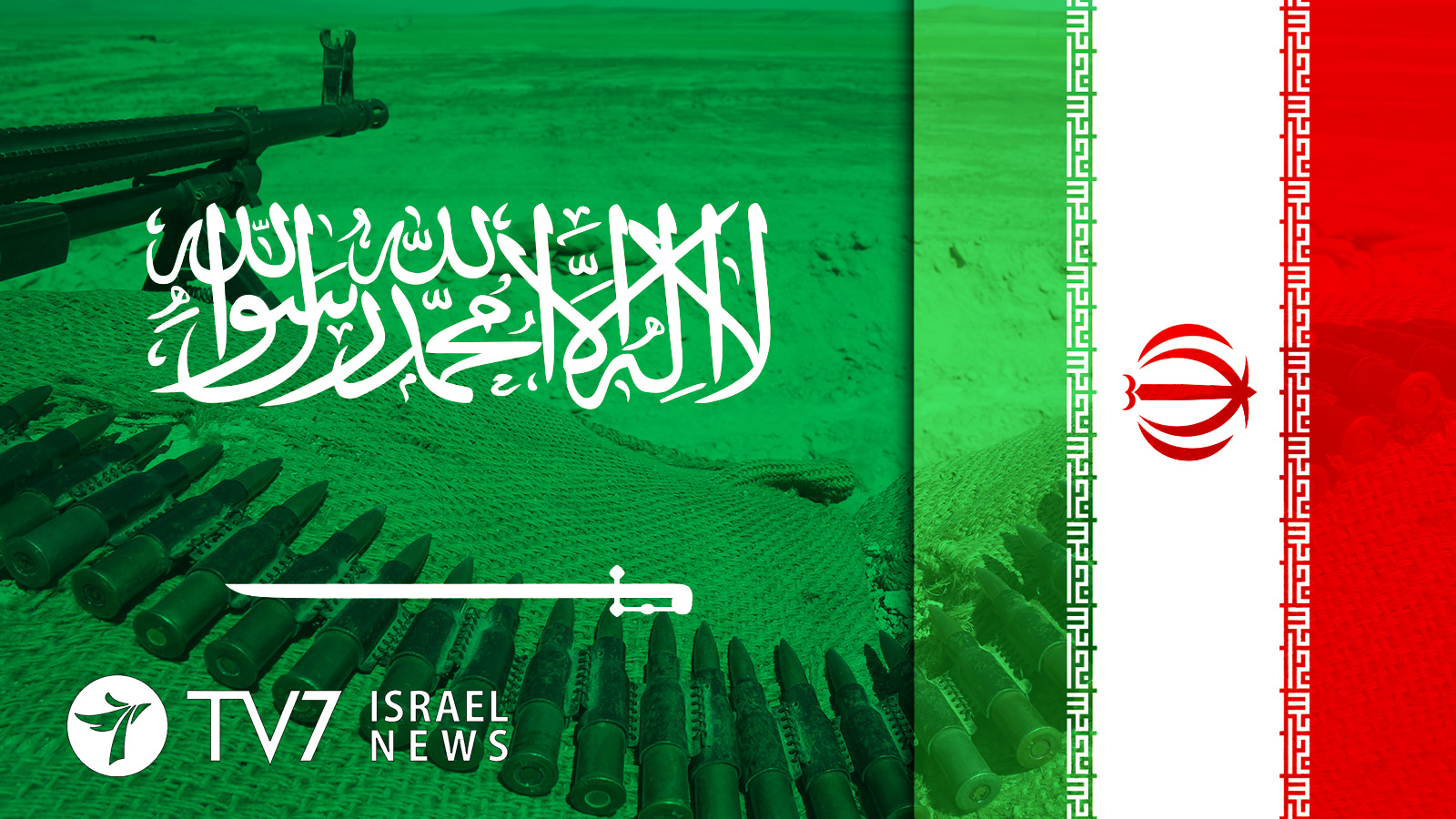Saudi Arabia and Iran are reportedly holding direct talks aimed at resolving major regional disputes.
Officials from both of the longtime rivals are believed to have held a first meeting in neighboring Iraq on 9 April. The Financial Times on Sunday, which was the first publication to break news of the development, cited an Iranian official and a regional source familiar with the matter saying there have yet to be any breakthroughs.
“This was a low-level meeting to explore whether there might be a way to ease ongoing tensions in the region,” the Iranian official said, adding that it was based on Iraq’s request.
The regional source revealed that discussion focused on Yemen, where a Saudi-led military coalition has been battling the Iran-aligned Houthi group since March 2015.
Lebanon’s political and financial crisis was also on the agenda, according to another unidentified source in the region. Gulf Arab states have been extremely concerned over the expanding role of the Iran-backed Hezbollah terrorist movement in the Beirut government.
Meanwhile, Iraqi Prime Minister Mustafa Al-Kadhimi held talks with Saudi Crown Prince Mohammed bin Salman Al Saud earlier this month, and also visited the United Arab Emirates.
Saudi authorities did not immediately respond to a Reuters request for comment; while the FT reported that a senior Saudi official denied any talks with Iran.
Sunni Gulf power Riyadh severed ties with Shi’ite Tehran in January 2016 after the Saudi Embassy in Iran was stormed following the execution of a Shi’ite Muslim cleric in Riyadh.
A Western diplomat in the region said that both the United States and the United Kingdom had been notified ahead of the Saudi-Iran talks, although neither is aware of the outcome.
The US has been holding indirect talks with Iran in Vienna to explore strategies in which the 2015 Joint Comprehensive Plan of Action (JCPOA) nuclear deal could be revived.
Iran has alarmed European and Middle Eastern powers – particularly Israel – by Iran’s exponentially-increasing violations of the pact which former American President Donald Trump withdrew from in 2018.
Washington has also been pressing for a ceasefire deal in Yemen. While Riyadh and the Saudi-backed Yemeni government have welcomed the initiative, the Houthis have yet to accept and have maintained cross border missile and drone attacks on Saudi cities.
In related developments, Saudi authorities called for a new nuclear deal with stronger parameters including the involvement of Gulf states, which feel threatened by Iranian ballistic missile development and its support for regional proxies.
